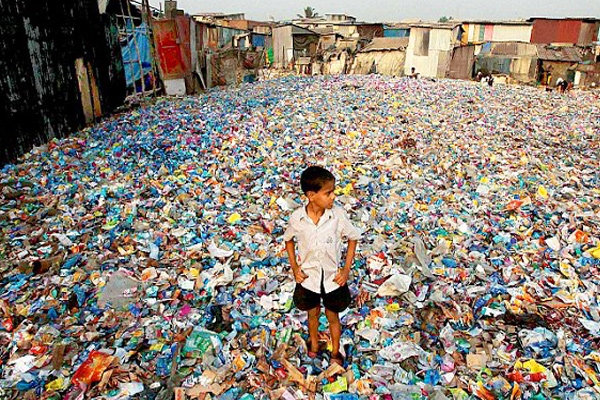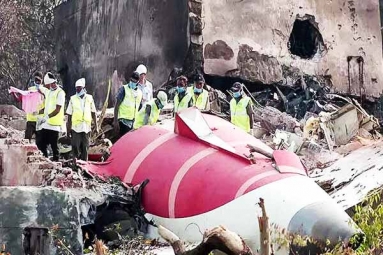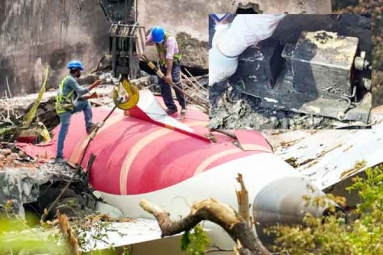Indian scientists devise technology to turn plastic into petrol, diesel
August 18, 2014 18:23
(Image source from: Indian scientists devise technology to turn plastic into petrol)
If the current buzz is anything to go by, then India could soon be making its own high-grade petrol and diesel. Ask how?
Well, a group of Indian scientists at the Dehradun-based Indian Institute of Petroleum (IIP) are working to convert plastic wastes into petroleum products.
So far, this green technology is only available in the US, Japan, and Germany while Australia and the UK are still experimenting with this.
The technology will convert plastic into gasoline, diesel or aromatics using suitable catalysts. It would also produce LPG as a by-product. Now how awesome is that?
IIP Director M.O. Garg says that the fuels obtained through the technology will meet Euro-III standards and are of ultra high-quality.
With almost no sulphur content, the diesel obtained through the process will be pure and would lead to
vastly reduced emissions from engines.
Not just that, an engine running on this fuel will enable a vehicle to run for at least two kilometers more per litre than ordinary diesel.
"We have applied for a patent. We developed this after nearly a decade of intensive research. We are now planning to commercialise the technology although we are still engaged in the process of engineering to design heavy machinery and processes," Garg revealed.
"The current prices of petrol, which is derived from crude hydrocarbons, range between Rs 70 to Rs 80 per litre. Petrol in this case costs Rs 30 to Rs 40 per litre, inclusive of the cost of plant, operations, manpower and land cost," Garg said.
"There is a mammoth amount of solid waste generated in the country. It could be procured at a minuscule cost."
The fuel is the ideal bet for captive users like the state road transport corporations, the defence establishment and railways.
Given that there are no effective implementation and enforcement of Hazardous Wastes (Management and Handling) Rules of 1989, the handling of plastic waste continues to be a serious challenge in the country.
The technology, if commercially employe, would considerably address two of nation's rising problems — dealing with hazardous plastic waste and stiffling down fuel rates.
AW: Suchorita Choudhury










